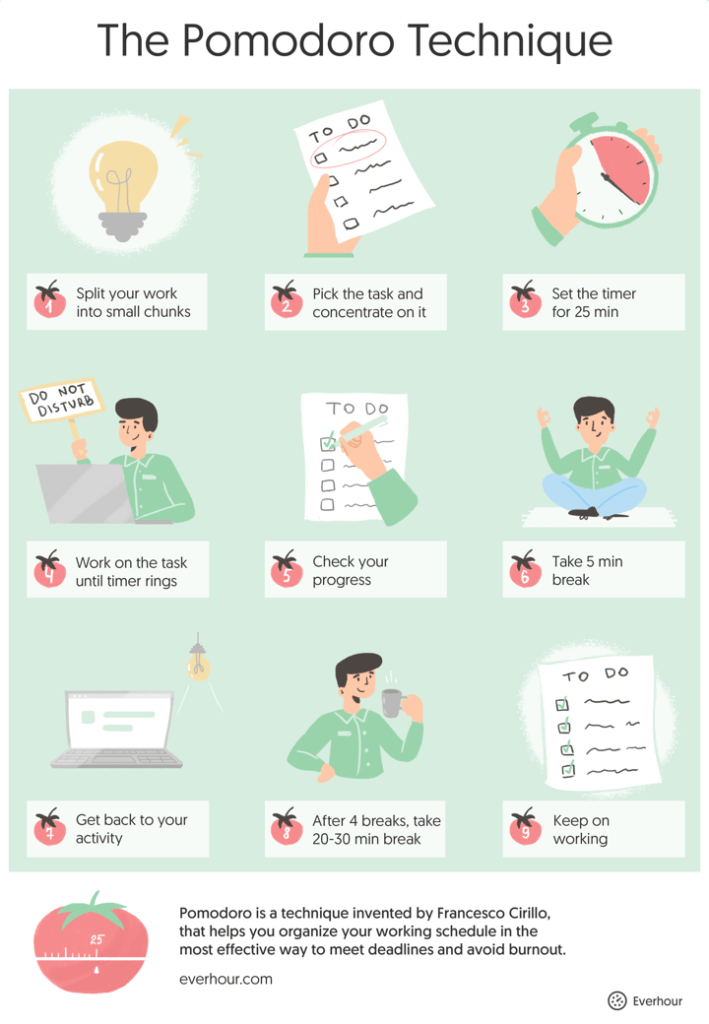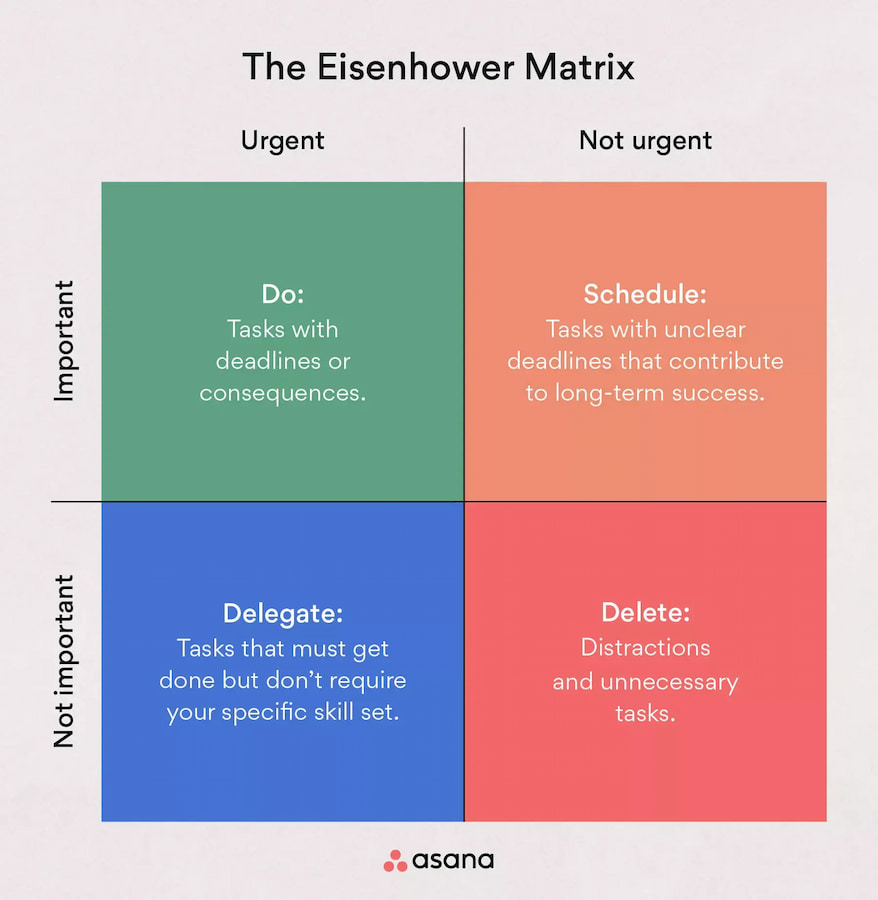If you feel like you’re failing to keep up with your professional and personal life demands, it might be time to look at your self-management skills. Incorporating them (along with tools like a free time card calculator), into your life will improve your productivity.
🧠 What Is Self-Management?
Self-management means being able to control your thoughts, feelings, and actions to reach your goals on your own.
In other words, it’s what separates consistent, reliable people from chaos.
From students to employees to patients with chronic illness, self-regulation skills are at the core of success.
🔍 Self-Management Definition
Self-management refers to:
- Setting and following through on personal or career goals
- Managing time, energy, and resources wisely
- Regulating emotional responses (especially under stress)
- Practicing accountability and self-discipline (as well as being proactive)
🎯 Why Is It Important?
- 🔋 Reduces reliance on external motivation
- 🧠 Builds autonomy and confidence
- ⏰ Improves time management and productivity
- 💬 Supports emotional intelligence
- 🚀 Increases performance in school, work, and life

In the workplace, self-regulation is one of the top soft skills employers look for.
💼 Self-Management in the Workplace
Self-regulation in business looks like:
- Meeting deadlines without micromanagement
- Prioritizing tasks effectively (when working on task management skills)
- Knowing when to ask for help
- Taking responsibility for mistakes
- Managing stress and workplace relationships
Why it matters: Teams run smoother when people manage themselves first.
🧑🎓 Self-Management for Students
For students, self-management skills improve:
- 🎓 Academic performance
- 🎯 Focus during study time
- ✅ Accountability with assignments
- 😌 Stress reduction
Examples include:
- Using a planner to track homework
- Setting a timer to avoid procrastination
- Taking breaks to prevent burnout

❤️🔥 Self-Management and Emotional Intelligence
Managing your emotional state is part of self-regulation. That means:
- Recognizing triggers
- Avoiding overreactions
- Reframing negative thoughts
- Responding instead of reacting
Emotional management improves personal relationships and decision-making.
📚 Self-Regulation Examples
1️⃣ Example: A developer blocks off two hours of deep work time daily to avoid context switching.
2️⃣ Example: A student turns off notifications and uses the Pomodoro method to stay focused.
3️⃣ Example: A remote employee uses Everhour to time track and reflect on their own productivity habits.
🛠️ Self-Management Skills
- ⏰ Time management
- 🎯 Goal setting
- 💪 Self-discipline
- 🗂️ Organization
- 😌 Emotional regulation
- 🤔 Decision-making
- 🪞 Self-reflection
These skills overlap with executive functioning and are trainable.
📈 How to Improve Self-Regulation Skills
- Start with awareness — Track your time and behaviors to notice patterns.
- Set clear, realistic goals — Use SMART goals to structure your intentions.

- Reflect weekly — What worked? What didn’t? Adjust.
- Build routines — Habits remove the need for constant motivation.
- Manage your energy — Know your peak productivity windows and plan around them.
- Use tools — Calendar blocks, timers, habit trackers, and apps like Notion or Everhour.
![track time like a pro with the best employee time tracking app [21 tools]](https://blog-cdn.everhour.com/blog/wp-content/uploads/2024/10/primary-screen-everhour.jpg)
🩺 Self-Regulation in Healthcare
Especially with chronic conditions (like diabetes or COPD), self-regulation means:
- Monitoring symptoms
- Sticking to medication plans
- Keeping appointments
- Knowing when to escalate care
Programs like DSME (Diabetes Self-Management Education) are key to long-term outcomes.
📝 Self-Regulation Techniques

- Daily journaling
- Habit stacking
- Digital minimalism (controlling digital distractions)
- Eisenhower matrix (urgent vs. important)

- Self-imposed deadlines
💬 Self-Management Synonyms
- 💪 Self-discipline
- ⚖️ Self-regulation
- 🧾 Personal accountability
- 🧭 Self-leadership
- 🕊️ Autonomy
❓ FAQs
What is self-management?
It’s the ability to regulate behavior, emotions, and time without external pressure.
What are self-management skills?
Time management, goal-setting, emotional regulation, discipline, and reflection.
Why is managing yourself important?
It builds autonomy, improves productivity, and boosts resilience.
How can students improve self-management?
Use planners, break tasks into smaller steps, and track habits.
What is self-management in emotional intelligence?
Being aware of and in control of your reactions and emotional patterns.
How can you improve self-management?
Build habits, use tools, set better goals, and reflect often.
What are some examples of self-management?
Keeping a study schedule, timing tasks, setting daily goals, or responding calmly under stress.
Is self-management a skill?
Yes — and it can be learned and refined with practice.
🔎 Final Word
Whether you’re managing your time, emotions, work, or health, self-management is the foundational skill. Track what matters. Reflect regularly. Adjust with purpose. Tools like Everhour’s time tracker can help turn self-regulation from idea into action.

